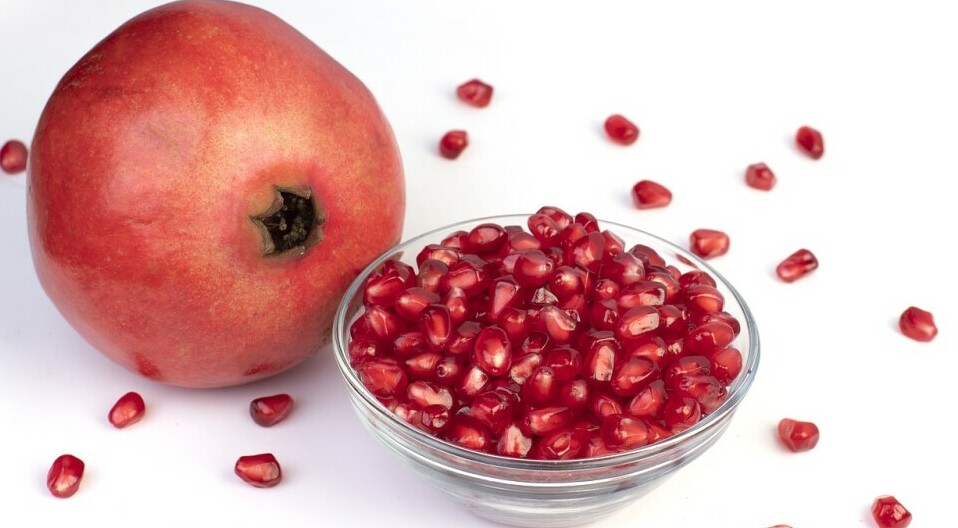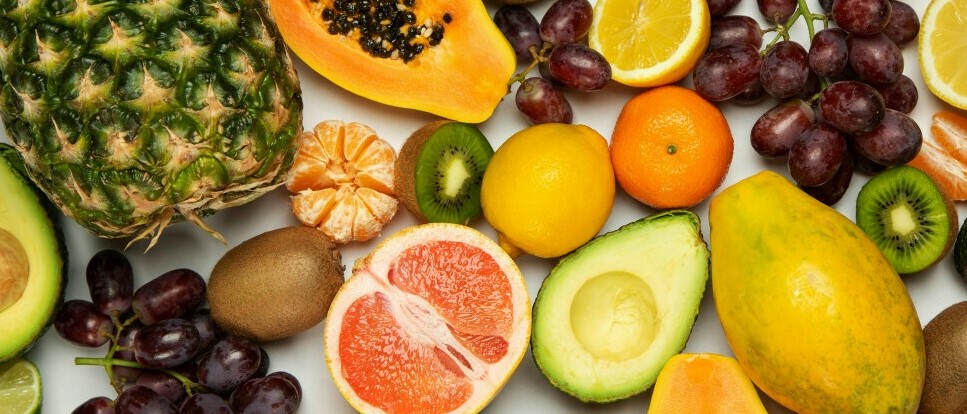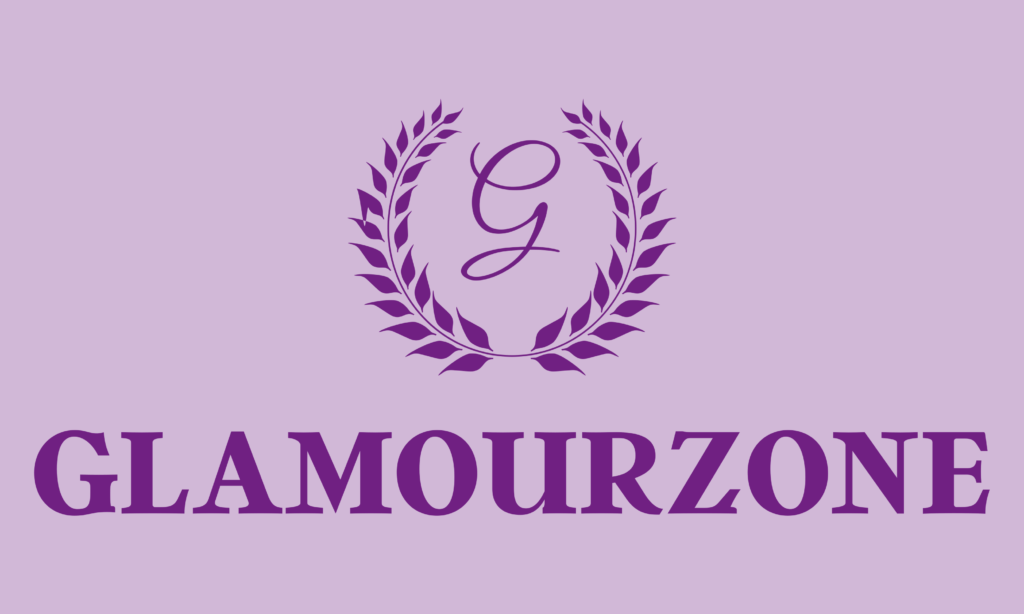 Have you ever looked in the mirror and noticed a new wrinkle or gray hair that wasn’t there before? I know I have. It’s a clear sign that our bodies are on a natural progression, one that’s influenced by a complex interplay of genetics, lifestyle, and environmental factors. This progression is commonly known as aging, and it’s something every person experiences.
Have you ever looked in the mirror and noticed a new wrinkle or gray hair that wasn’t there before? I know I have. It’s a clear sign that our bodies are on a natural progression, one that’s influenced by a complex interplay of genetics, lifestyle, and environmental factors. This progression is commonly known as aging, and it’s something every person experiences.
The human body, believe it or or not, begins to show signs of aging after the age of 20. Yet, it’s not just about changes in your skin or hair. Aging affects every cell, tissue, and organ in our body. This means our metabolism slows down, our bones become less dense, and even muscle strength diminishes over time.
Our cells are the stars of this process. They’re constantly replicating, but each time they do, they lose a bit of telomere length – think of it as the plastic tip on your shoelaces. When the telomeres get too short, cells can’t divide properly. This affects the body’s ability to regenerate and repair tissues, leading to the classic hallmarks of aging.
Oxidative stress is another culprit that contributes to the aging phenomenon. It happens when there’s an imbalance between free radicals – unstable molecules that can damage cells – and our body’s ability to counteract their harmful effects. These rogue molecules can alter DNA, proteins, and lipids, which can lead to chronic diseases often associated with getting older.
Understanding how our bodies change is critical to recognizing why some supplements and vitamins might be beneficial. They potentially offer our bodies the extra support needed to mitigate some of the effects of aging. This isn’t just about looking younger; it’s also about feeling more vibrant and maintaining our health as the years tick by.
Now that you’ve got an idea of what’s happening within your body, let’s explore the role of antioxidants in anti-aging. These powerful substances have the potential to neutralize those pesky free radicals. But the big question remains: can they truly turn back the clock? Let’s find out.

Antioxidants play a crucial role in combating the effects of aging in a person’s body. Aging is a complex process that involves a variety of factors, including oxidative stress caused by free radicals. Free radicals are unstable molecules that can damage cells and contribute to aging and age-related diseases.
Antioxidants help neutralize free radicals and reduce oxidative stress in the body. By doing so, they can help protect cells from damage and slow down the aging process. Here are some ways antioxidants impact aging:
- Reduce oxidative stress: Antioxidants help neutralize free radicals and reduce oxidative stress in the body. This can help prevent cellular damage and slow down the aging process.
- Protect against age-related diseases: Oxidative stress is linked to many age-related diseases, such as heart disease, cancer, and neurodegenerative disorders. By reducing oxidative stress, antioxidants can help protect against these diseases and promote overall health.
- Promote skin health: Free radicals can damage the skin and contribute to wrinkles, age spots, and other signs of aging. Antioxidants like vitamin C and vitamin E can help protect the skin from oxidative stress and promote a youthful appearance.
- Support brain health: Oxidative stress is thought to play a role in cognitive decline and neurodegenerative diseases like Alzheimer’s. Antioxidants may help protect the brain from oxidative damage and support cognitive function as we age.
- Improve immune function: As we age, the immune system weakens, making us more susceptible to infections and illness. Antioxidants can help support immune function by reducing oxidative stress and inflammation in the body.
It’s important to note that while antioxidants can have positive effects on aging, they are not a cure-all. Maintaining a healthy lifestyle that includes a balanced diet, regular exercise, and other healthy habits is important for overall health and longevity. Additionally, more research is needed to fully understand the impact of antioxidants on aging and age-related diseases.

To ensure an adequate intake of antioxidants, it’s important to include a variety of antioxidant-rich foods in your diet. Here are some foods that are high in antioxidants:
- Berries: Blueberries, strawberries, raspberries, and blackberries are all rich in antioxidants like vitamin C, anthocyanins, and flavonoids.
- Dark leafy greens: Spinach, kale, and Swiss chard are excellent sources of antioxidants such as vitamins A, C, and K, as well as lutein and zeaxanthin.
- Nuts and seeds: Almonds, walnuts, chia seeds, and flaxseeds are packed with antioxidants like vitamin E, selenium, and flavonoids.
- Colorful fruits and vegetables: Bell peppers, tomatoes, carrots, and sweet potatoes are rich in antioxidants like vitamin C, beta-carotene, and lycopene.
- Green tea: Green tea is loaded with antioxidants called catechins, which have been shown to have numerous health benefits.
- Spices: Turmeric, cinnamon, ginger, and cloves are all rich in antioxidants and can be easily incorporated into your diet.
- Dark chocolate: Dark chocolate contains antioxidants like flavonoids, which have been linked to heart health benefits.
In addition to incorporating antioxidant-rich foods into your diet, you may also consider taking supplements to ensure sufficient levels of antioxidants. However, it’s important to consult with a healthcare provider before starting any new supplement regimen, as excessive intake of certain antioxidants can have negative effects.
Some common antioxidant supplements include:
- Vitamin C: A powerful antioxidant that can help boost the immune system and protect cells from damage.
- Vitamin E: Helps protect cells from oxidative stress and supports skin health.
- Selenium: An essential mineral that acts as an antioxidant and supports immune function.
- Coenzyme Q10 (CoQ10): Helps protect cells from oxidative damage and supports energy production.
- Alpha-lipoic acid: A powerful antioxidant that can help regenerate other antioxidants like vitamins C and E.
Remember, while antioxidants are important for overall health, they are just one piece of the puzzle. A balanced diet rich in a variety of nutrients, along with regular exercise and other healthy habits, is key to promoting optimal health and well-being.
Product Link https://amzn.to/3Zx7SyB
